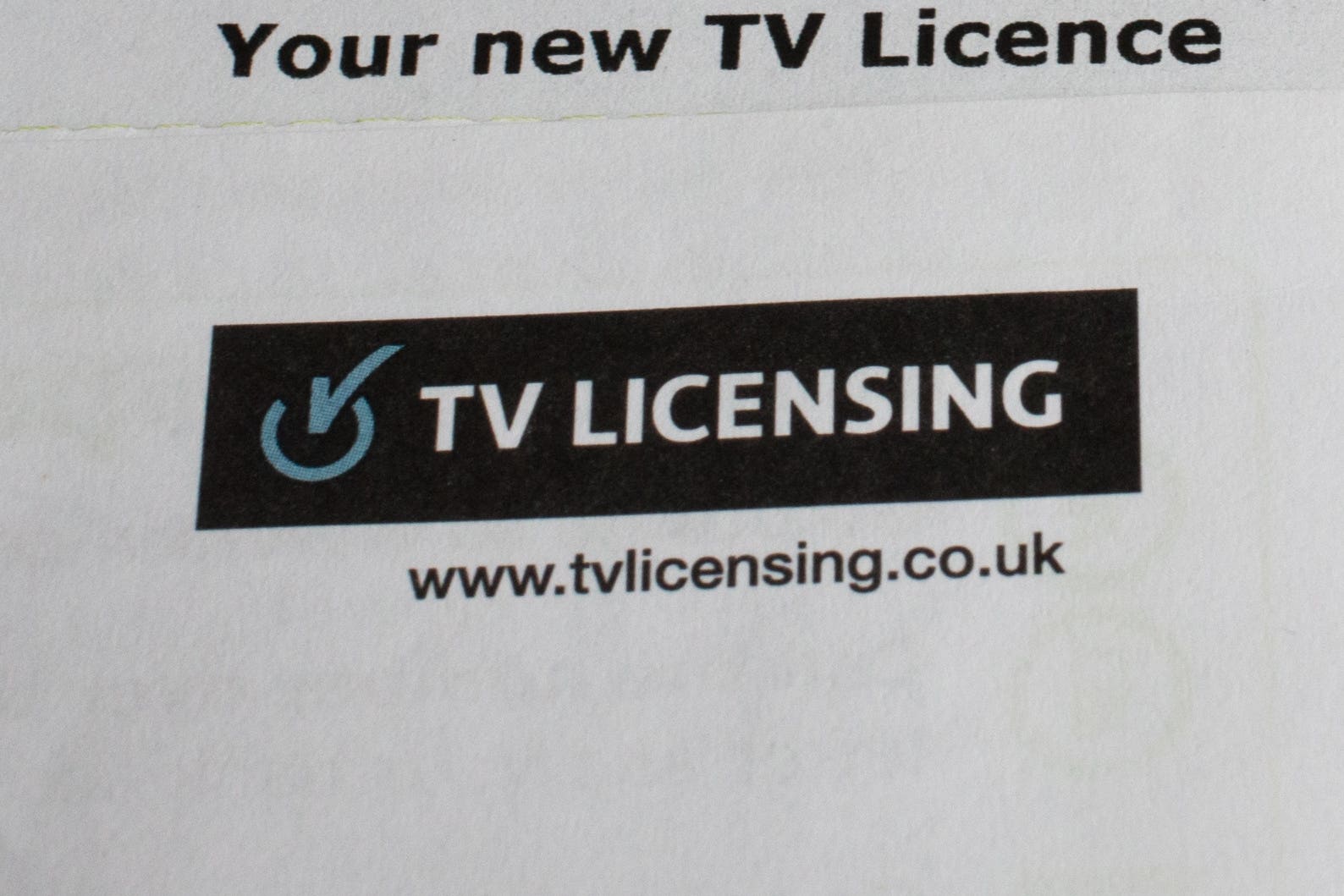BBC makes change to TV licence fee for those struggling to afford bill
The BBC will be working alongside a debt advice charity to help those experiencing extreme financial hardship

The BBC has announced key changes to its TV licence fee for those struggling to pay.
The corporation is aiming to help women in particular, hoping to reduce the number of prosecutions amongst those who are experiencing severe financial hardship and, consequently, aren’t able to pay their fees.
The BBC will extend its simple payment plan – allowing the cost of a TV Licence to be spread over 12 months through instalments – to all unlicensed households, breaking the fee down into smaller payments.
It will also work alongside debt advice charity StepChange to ensure those experiencing financial difficulty can freely access help and support, introducing a two-month breathing space policy on enforcement action for those willing to accept a debt advice referral.

The changes will further seek to improve the ways those prosecuted can provide evidence in their case, trialling new approaches to allocating enforcement visits.
The plan is a response to the BBC’s Gender Disparity Review, commissioned to analyse the reason behind the high levels of prosecutions among low-income women, who currently make up 75 per cent of those penalised.
Critically, whilst more than 60 per cent of single adult households are female, less than 40 per cent are male.
Overall, the review concluded that this disparity was caused by societal factors, noting that in the UK, more women experience severe financial hardship than men.
The report also found that women are more likely to be at home to answer the door, and are more frequently named as a contact for bills.
Overseen by Baroness Lola Young of Hornsey, an expert in gender, racial equality and the justice system, the report could prove key in reducing the number of low-income individuals prosecuted for TV Licence fee avoidance.
"The BBC’s Action Plan has the potential to lead to fewer people – particularly those in real financial difficulty - being prosecuted and that is something to be welcomed”, Baroness Young said. “This was a rigorous review which scrutinised a raft of new evidence and concluded there is no single source of the disproportionality that we see in prosecutions.
"As I have said in the report, women and men do not appear to be treated differently. Rather, the societal factors at play are also often present alongside disparities in the criminal justice system, and health and other services."
The plans have been endorsed by Vanessa Northam, head of charity development at StepChange, who said: "Demand for StepChange’s services is understandably high given the enormous cost pressures so many households are facing, with women making up 65 per cent of new clients who contact us. We welcome TV Licensing’s move to provide additional support for their customers."







Join our commenting forum
Join thought-provoking conversations, follow other Independent readers and see their replies
Comments